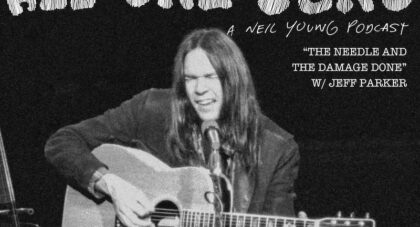Lou Barlow has turned the last decade into something of a renaissance period. After the successful (and really good) reunion of the original Dinosaur Jr. lineup, Barlow also reignited the long dormant Sebadoh in 2013. Now the trio is back with their second album since reuniting, Act Surprised . . .
Only the good shit. Aquarium Drunkard is powered by its patrons. Keep the servers humming and help us continue doing it by pledging your support.
To continue reading, become a member or log in.


